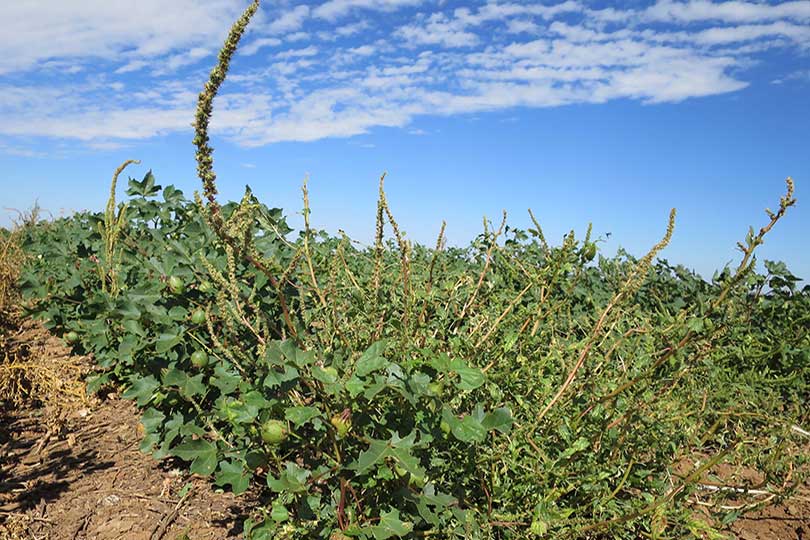Farmers across the U.S. applauded the Environmental Protection Agency’s (EPA) decision to amend the registration of Enlist Duo to extend its use in cotton and more than double the number of states allowed to use the herbicide, including Texas.
EPA conducted a comprehensive review of Enlist Duo last year after Dow AgroSciences issued concerns to the agency about potential risk for other plants as a result of its use.
Enlist Duo was developed using a combination of glyphosate and an updated version of an older herbicide—2,4-D—as a way to counter the rapidly increasing spread of resistant weeds, according to Southwest Farm Press. The herbicide 2,4-D is one of the world’s most popular herbicides and the third most popular in the U.S.
Enlist Duo is currently approved for use on soybeans and corn.
EPA said they have determined the product “does not show any increased toxicity to plants and is therefore not of [further] concern.”
After a rigorous review, the agency is proposing to amend the registration of the herbicide to include use on genetically engineered (GE) cotton in the existing 15 states and extend the use for GE cotton, corn and soybean crops to an additional 19 states, according to an online statement.
“Use of Enlist Duo is safe for the environment, including endangered species. EPA assessed risks from the 2,4-D choline salt to endangered species and found no effect on listed species from this active ingredient in the approved use areas when the product is used according to label directions,” according to the EPA online statement.
Dow Chemical Company said it is pleased with the proposal.
Environmental groups, advocacy groups and food safety groups strongly oppose the EPA’s latest proposal to expand its use to more states. These groups say they are concerned about its toxic effects and the potential for drift that could pose dangers to other plants and people.
The EPA is seeking comments through Dec. 1. at www.regulations.gov. The agency will review all comments and reach a final decision in early 2017.


I am most concerned about the Glyphosate in the pesticides used. This compound, while most effective in weed control for the farmers, lends to a detrimental effect of neural tube defects (NTD) of newborns of mothers who have consumed vegetables up-taking this product from the ground where the foods are grown. The nulling effect of the glyphosate on the plants shikimic acid pathway. I fear this inhibits the mother from proper uptake of the folates needed for healthy pregnancies.